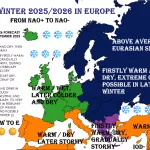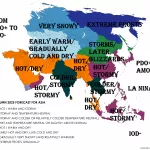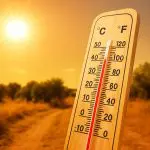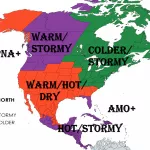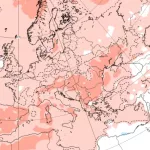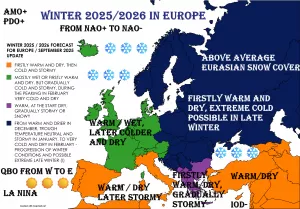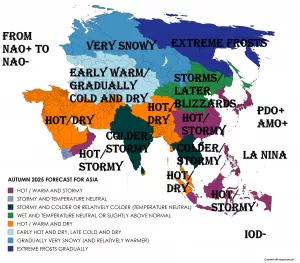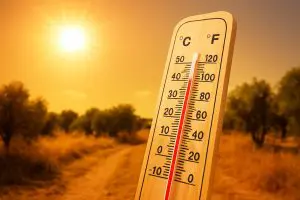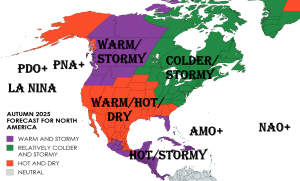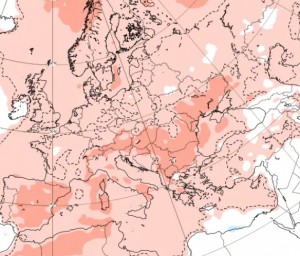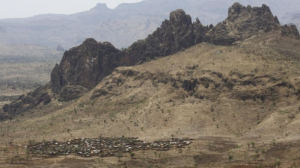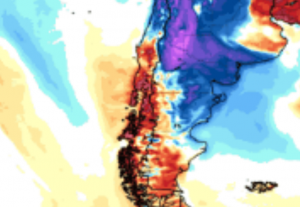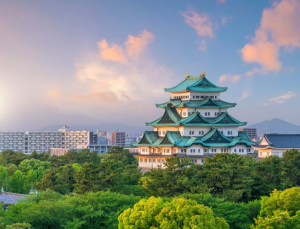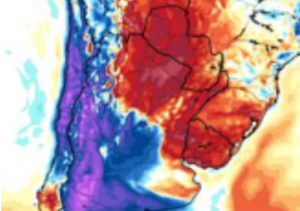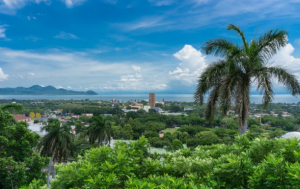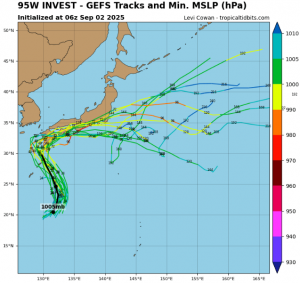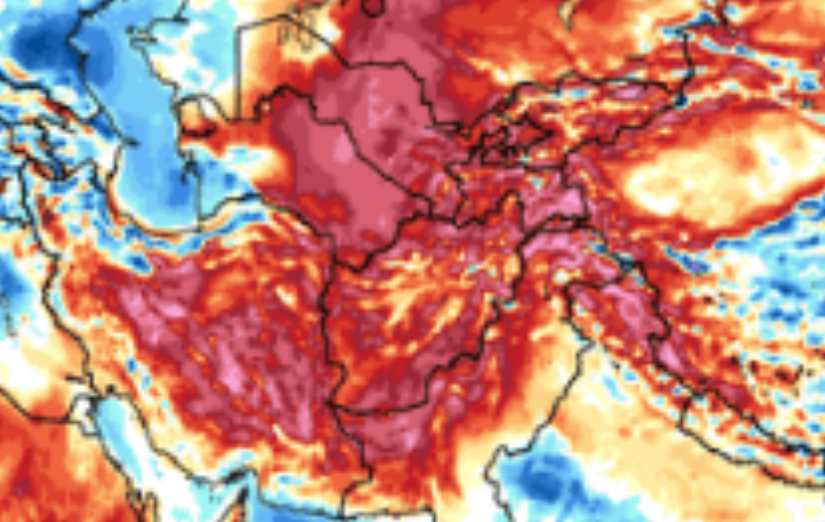
Asia is currently enduring what experts are calling the most extreme heatwave in world climatic history, with unbelievable temperature records being shattered — especially at mid and high elevations, where such heat has never been observed before.
World Record for Hottest Night at Elevation: Bunji, Pakistan
In an astonishing development, the town of Bunji, Pakistan (1470 meters above sea level) recorded a minimum temperature of 33.3°C, the hottest night ever recorded globally at around 1500 meters elevation. This shattered the previous world record by nearly 4°C, a margin that has shocked meteorologists.
On the same day, Bunji also registered a daytime high of 45.1°C, an unprecedented temperature for its altitude, pushing human endurance to its limits in regions once considered relatively cool.
Extreme Heat at High Elevation Across Iran
Iran is experiencing similarly historic extremes, with heat records being broken at elevations where such temperatures were previously considered impossible:
- Khvormuj reached 52.7°C, one of the highest temperatures ever recorded in Asia
- Omidieh: 51.4°C /https://en.wikipedia.org/wiki/Omidiyeh
- Aghajari: with a minimum of 37.0°C — among the highest minimum temperatures ever observed globally
- Tabas: 50.0°C at 711 meters – ALL TIME HIGH /https://en.wikipedia.org/wiki/Tabas
- Zabol: 49.8°C
- Khor: 49.7°C at 842 meters
- Bam: 46.8°C at 1067 meters
- Nehbandan: 45.2°C at 1188 meters — new monthly record
- Kerman: 41.7°C at 1748 meters — extreme heat for this elevation
In multiple cities between 1000 and 1800 meters above sea level, maximum temperatures exceeded 45–46°C, with minimums remaining above 30°C, creating unprecedented overnight heat stress.
A Climate Breaking Point
What makes this heatwave historic is not just the magnitude of temperatures, but where they are occurring:
- World record maximum and minimum temperatures at elevations between 1200 and 1500 meters
- Nighttime lows of 30–37°C, where typical nights would be closer to 15–25°C
- Extreme heat spanning across Iran, Pakistan, Afghanistan, and surrounding regions
This level of sustained, high-elevation heat is virtually unprecedented in recorded history, and may signal a new phase in global climate instability, where even mountainous areas no longer offer refuge from oppressive conditions.
Human and Environmental Toll
- Heat index values at elevation are reaching dangerously high thresholds, increasing the risk of heatstroke, dehydration, and death
- Water shortages are deepening across arid regions
- Agricultural losses and infrastructure failures are increasingly likely
- Communities that previously depended on mountain climates for relief are now under direct threat
This heatwave is forcing scientists and policymakers to reconsider assumptions about how heat behaves at altitude — and what that means for climate resilience in the developing world.
The 2025 Asian heatwave is shaping up to be not just a historic climate event, but a transformative signal about the speed and scale of change now underway.

Detail.

